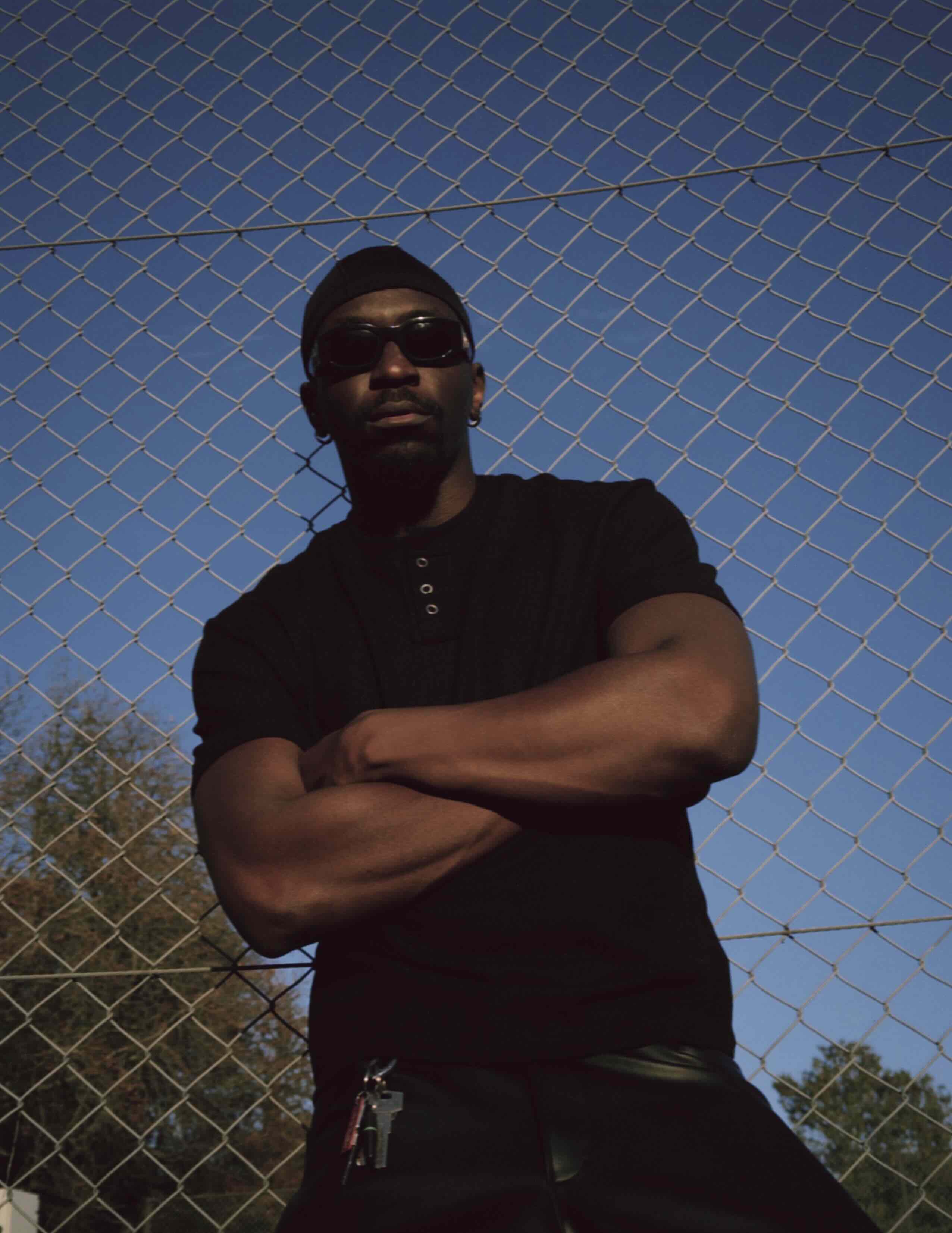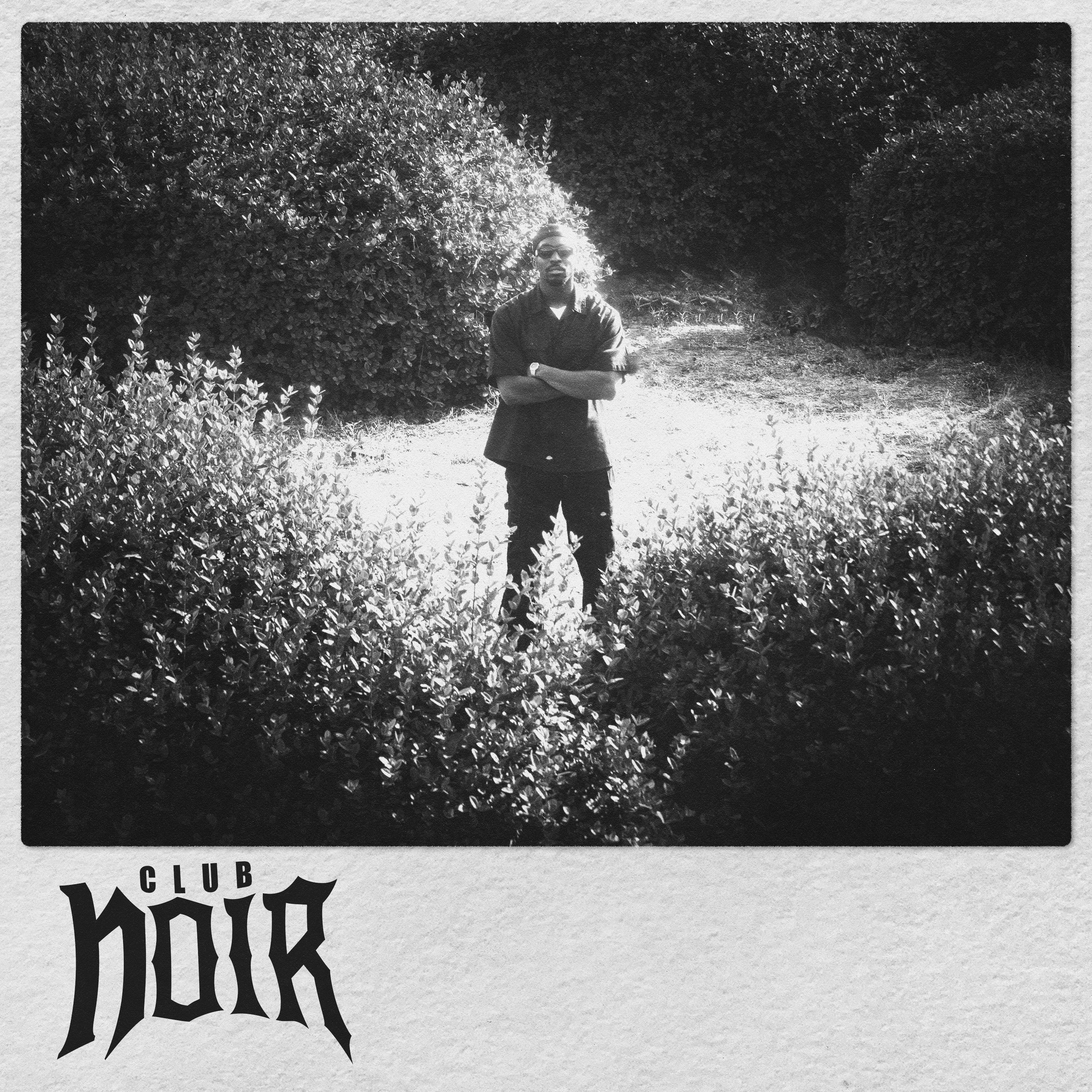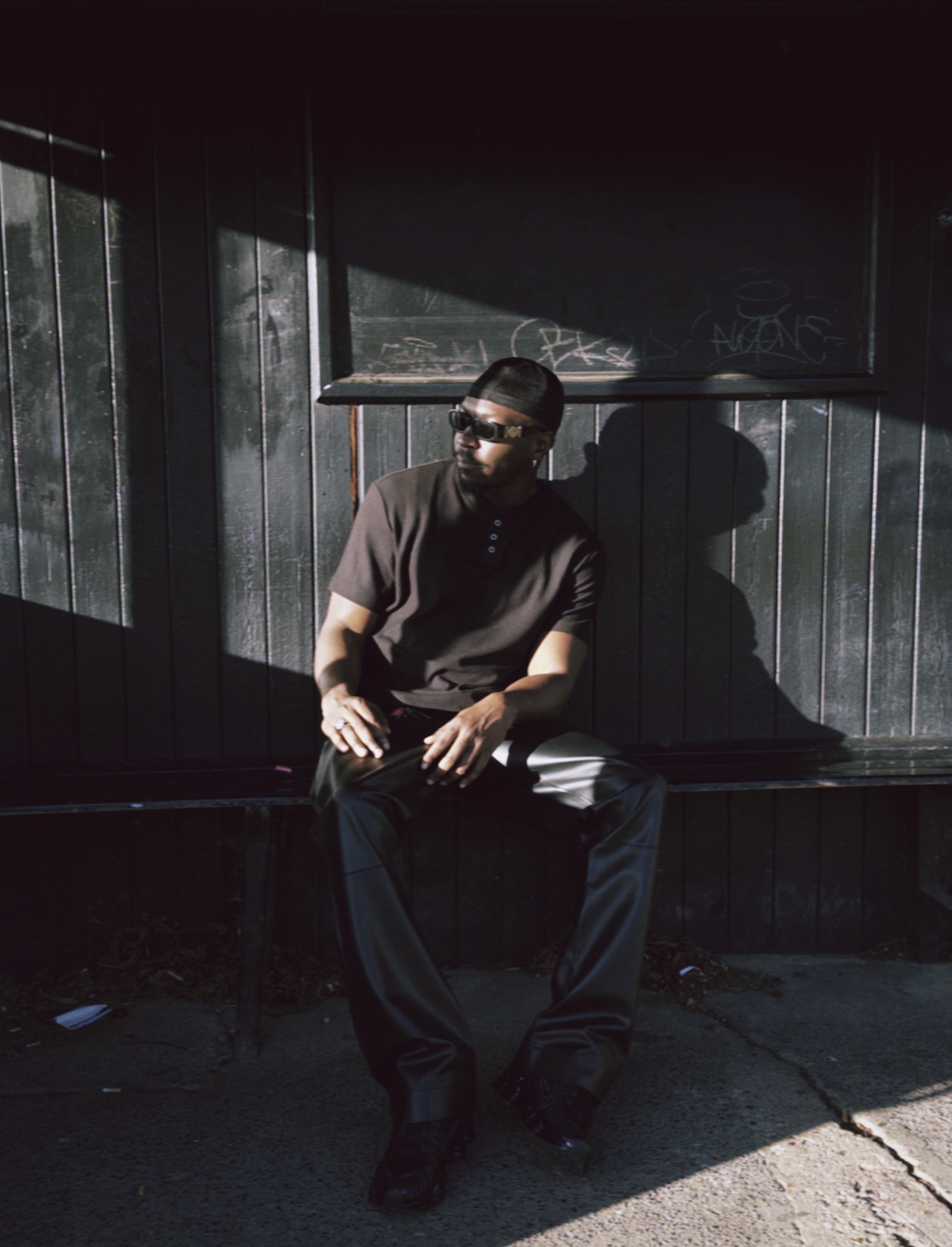
An exploration of mood, intimacy, and the quiet power of a rising Lagos storyteller.
An exploration of mood, intimacy, and the quiet power of a rising Lagos storyteller.
There are artists who chase the spotlight, and then there are artists who build entire atmospheres. Noir has always been the latter.
Born Taoheed Oluwatosin Oki in Lagos, raised in a home where Fela, King Sunny Ade, and Ebenezer Obey blended into Sunday afternoons, Noir’s entry point into music wasn’t performance — it was immersion. Before he wrote a single lyric, he was studying feeling. Studying tone. Studying how music shapes a room before it touches a person.
Club Noir, his new four-track project, is less a release and more a mood.
A place. A late-night frequency. The moment when clarity and confusion sit at the same table. It’s Noir stepping into his own aesthetic — clean, cinematic, emotionally specific.

The project opens like a memory. The first track, “12 JAN,” doesn’t arrive loudly; it appears. Airy, intimate, and unhurried, it feels like replaying a moment you swore you were done revisiting. Noir’s tone is soft but weighted — a confession said under dim light.
The mood shifts with “BESTFRNDS,” a track that carries the pulse of ruin and romance. It’s toxic, addictive, and textured — the kind of song that catches you because it sounds like the exact moment you realize you’re in too deep. Noir’s vocals are nimble here, moving between desire and self-awareness. It’s the emotional nucleus of the project.
“RED DRESS” is cinematic in a different way — neon-lit, 80s-leaning, and drenched in the drama of Lagos nightlife. It’s the project’s most stylistic leap: where Noir embraces synths, spectacle, and a kind of glossy melancholy that lingers long after the track ends.
The final piece, “DUMB,” is smooth, modern, and effortlessly replayable. It’s the kind of song that feels deceptively simple until you catch the emotional unraveling beneath. It’s Noir admitting to knowing better — and doing it anyway.
Together, the songs don’t feel like separate statements, but one continuous mood board:
love, delusion, reflection, temptation, memory, and the corners of Lagos where all of those things live.
What makes Noir compelling isn’t just his voice — it’s his restraint. The confidence of someone who doesn’t need to shout to be heard. He draws from artists like Prince, Brandy, Daft Punk, Usher, Aaliyah, but his sound doesn’t feel borrowed. It feels distilled — Lagos in tone, global in texture. Where many emerging Nigerian artists chase scale, Noir is chasing coherence.
Every detail in Club Noir — the production, the phrasing, the emotional pacing — feels intentional. He’s not trying to prove range. He’s establishing identity. This is what separates artists who make songs from artists who build worlds.
Club Noir isn’t a statement of arrival — it’s a statement of direction. A clear sign that Noir is entering the phase where artists stop sounding like possibility and start sounding like themselves. At a time when Nigerian music is defined by scale, speed, and global momentum, Noir represents a different frontier — one shaped by emotion, subtlety, and world-building.
He’s not reaching outward. He’s drawing you in. And with Club Noir, it finally feels like Noir isn’t just teasing us with the world he’s building — he’s inviting us inside.

Comments